by Philip Graham
Ross Barkan is certainly having a moment. His third and most ambitious novel, Glass Century, set in New York and encompassing over fifty years of the city’s history, has recently been published and is enjoying a raucously enthusiastic critical reception.

I wasn’t surprised by the praise for Glass Century. Having been a New York City cabdriver in the ’70s, a volunteer near Ground Zero in 2001, and the father of a daughter who refused to abandon her West Village apartment and beloved city during the Covid crisis, I found myself utterly convinced on every page by Barkan’s long game of interweaving intimate family secrets with the public unfolding of the city’s historic crises. And he can write a mean tennis match, too.
Meanwhile, this week Barkan’s long-time friend and political comrade-in-arms, Zohran Mamdani, has triumphed in the Democratic primary for New York City mayor. One might say that Ross Barkan, a 35-year-old novelist, journalist, essayist and political commentator, is feeling the warm embrace of the zeitgeist.
Philip Graham: Your novel Glass Century begins with the two main characters, Mona Glass and Saul Plotz, as they prepare the final arrangements of a false marriage. That their wedding will be staged is a secret built on another secret: Saul is already married and has two children. Mona believes this fictional wedding with her lover will fool her parents, who are relentless in their insistence that their fiercely independent daughter settle down and start a family.
Somehow, they manage to pull off the deception, not only for the wedding but for the many years of their actual committed relationship. A lot of people in this novel have to maintain the secret, and at least an equal number need to ignore or adopt a complicit silence about their suspicions—Mona’s parents and Saul’s wife and children, in particular. And somehow you manage as author to maintain this tightrope trick throughout the novel. It certainly rang true for me. Every family, I believe, cloaks some truth or truths that must remain silent.
Ross Barkan: Secrets are everything: shameful, powerful, ennobling, destructive. There isn’t a family without secrets. It’s only a matter of how large they are. Secrets were on my mind as I wrote Glass Century. How do we keep them? Whom do they hurt? Who benefits? A secret, sometimes, offers something of a counter-life. You slip in and live in a way you might not have otherwise. Already married Saul, in this instance, finds Mona to be something like his counter-life. And Mona, in turn, has the image of marriage, which was so important to her traditional parents in the 1970s. Of course, what makes this all interesting, as you point out, is that there are others aware of the ruse. There’s complicity. It’s plausible, certainly, to be skeptical of all of this—how is it possible? In a fictional world, there can be a just-so quality to events but I wanted to write in a manner where it didn’t seem so fantastical for secrets like these to be held. Men and women do have affairs, lives are carved out within lives, and families, in a way not so dissimilar from organisms, must adapt gradually to all of it. As I wrote the novel, I considered image versus reality, and how, from the outside, we know so very little about people. That’s the beauty of the novel form, and why I love it so: there’s the ability to excavate that interiority, that consciousness. I loved living in the pages with Mona and Saul. Read more »


 In a culture oscillating between dietary asceticism and culinary spectacle—fasts followed by feasts, detox regimens bracketed by indulgent food porn—it is easy to miss the sensuous meaningfulness of ordinary, everyday eating. We are entranced by extremes in part because they distract us from the steady, ordinary pleasures that thread through our daily lives. This cultural fixation on either controlling or glamorizing food obscures its deeper role: food is not just fuel or fantasy, but a medium through which we experience the world, anchor our identities, and rehearse our values. The act of eating, so often reduced to a health metric or a social performance, is in fact saturated with philosophical significance. It binds pleasure to perception, flavor to feeling, and the mundane to the meaningful.
In a culture oscillating between dietary asceticism and culinary spectacle—fasts followed by feasts, detox regimens bracketed by indulgent food porn—it is easy to miss the sensuous meaningfulness of ordinary, everyday eating. We are entranced by extremes in part because they distract us from the steady, ordinary pleasures that thread through our daily lives. This cultural fixation on either controlling or glamorizing food obscures its deeper role: food is not just fuel or fantasy, but a medium through which we experience the world, anchor our identities, and rehearse our values. The act of eating, so often reduced to a health metric or a social performance, is in fact saturated with philosophical significance. It binds pleasure to perception, flavor to feeling, and the mundane to the meaningful. Since 1914, the Federal Trade Commission ‘s mission has been to enforce civil antitrust and unfair competition/consumer protection laws. The question is whether this mission has been supplanted—whether the FTC under Trump 2 .0 is becoming the Federal Political Truth Commission.
Since 1914, the Federal Trade Commission ‘s mission has been to enforce civil antitrust and unfair competition/consumer protection laws. The question is whether this mission has been supplanted—whether the FTC under Trump 2 .0 is becoming the Federal Political Truth Commission.
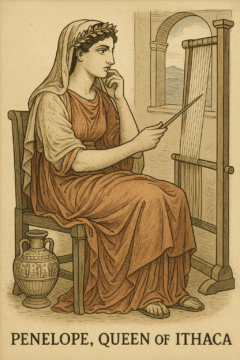
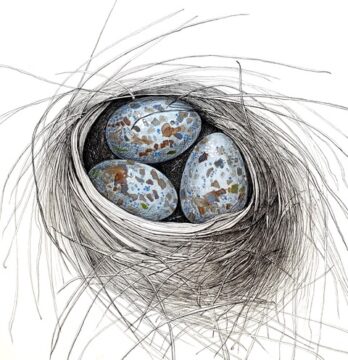

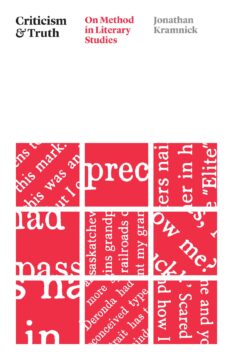 It is now close to 20 years since I completed my Ph.D. in English, and, truth be told, I’m still not exactly sure what I accomplished in doing so. There was, of course, the mundane concern about what I was thinking in spending so many of what ought to have been my most productive years preparing to work in a field not exactly busting at the seams with jobs (this was true back then, and the situation has, as we know, become even worse). But I’ve never been good with practical concerns; being addicted to uselessness, I like my problems to be more epistemic. I am still plagued with a question: Could I say that what I had written in my thesis was, in any particular sense, “true?” Had I not, in fact, made it all up, and if pressed to prove that I hadn’t, what evidence could I bring in my favour? Was what I saw actually “in” the text I was studying?
It is now close to 20 years since I completed my Ph.D. in English, and, truth be told, I’m still not exactly sure what I accomplished in doing so. There was, of course, the mundane concern about what I was thinking in spending so many of what ought to have been my most productive years preparing to work in a field not exactly busting at the seams with jobs (this was true back then, and the situation has, as we know, become even worse). But I’ve never been good with practical concerns; being addicted to uselessness, I like my problems to be more epistemic. I am still plagued with a question: Could I say that what I had written in my thesis was, in any particular sense, “true?” Had I not, in fact, made it all up, and if pressed to prove that I hadn’t, what evidence could I bring in my favour? Was what I saw actually “in” the text I was studying?



 Sughra Raza. Colorscape, Celestun, Mexico. March 2025.
Sughra Raza. Colorscape, Celestun, Mexico. March 2025.
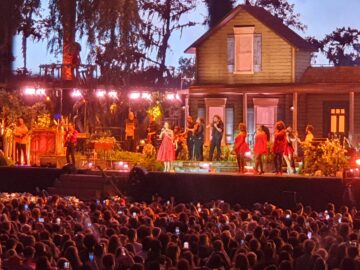 Lana Del Rey exists in a meticulously crafted world of her own. It’s a world apart. I purchased an invite to drop-by this summer, so that I might glimpse its finer details. Along with the crowd at the Anfield stadium in Liverpool, I was standing at its perimeter, gazing inwards, wondering. The atmosphere seemed rarified, there were even lily pads on the custom-built pond.
Lana Del Rey exists in a meticulously crafted world of her own. It’s a world apart. I purchased an invite to drop-by this summer, so that I might glimpse its finer details. Along with the crowd at the Anfield stadium in Liverpool, I was standing at its perimeter, gazing inwards, wondering. The atmosphere seemed rarified, there were even lily pads on the custom-built pond. 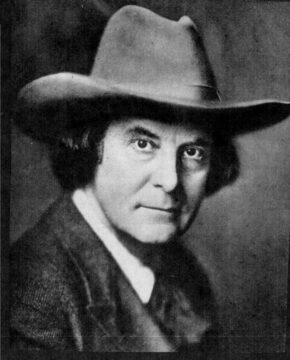

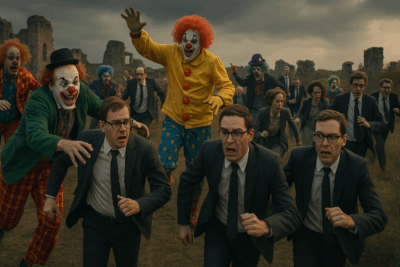 Today’s modest topic is the future of the West. Will it end in a bang, whimper or maybe just sort of muddle through in some zombie stagger? Whatever happens, a quarter of the way through the American Century, the standard of liberal democracy we hoisted as global inevitability twenty years ago hangs by the scruff of the neck and its enemies are eager to boot it straight into irrelevance.
Today’s modest topic is the future of the West. Will it end in a bang, whimper or maybe just sort of muddle through in some zombie stagger? Whatever happens, a quarter of the way through the American Century, the standard of liberal democracy we hoisted as global inevitability twenty years ago hangs by the scruff of the neck and its enemies are eager to boot it straight into irrelevance.